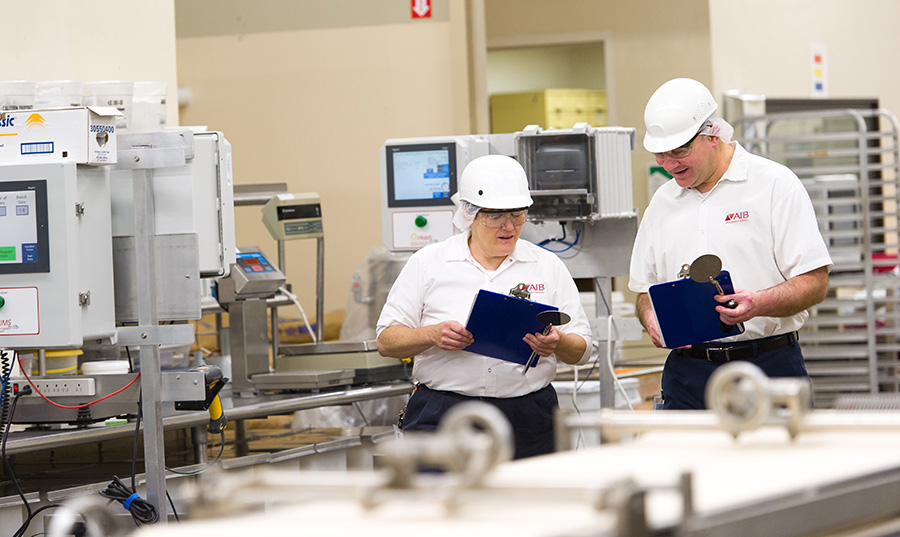Audit vs Inspection: Do I Need an Inspector, an Auditor, or Both?
Throughout the entire food and beverage sector, even seasoned professionals use the terms "inspector," "inspection," "auditor," and "auditing" interchangeably. But are they actually synonymous?
When it comes to an audit vs inspection, in reality, these two roles and functions are vastly different from each other. It’s critical to understand the value and scope of each in order to maximize the value of inspection and auditing practices, and improve compliance.
What Is a Food Safety Inspection?
A food safety inspection is a thorough physical review of a food facility to assess what is happening at a specific moment in time. Food safety inspections are conducted by a food safety professional who is tasked with evaluating the management system of a food or beverage company and will identify positive or negative conditions.
While performing an inspection, inspectors will review your documented processes and facilities to assess their effectiveness and compliance. You must be ready to open all the doors, answer questions, climb ladders to review roofs and silos, and get on your knees to look under your equipment, just to name a few examples of what will happen.
Inspectors will discuss findings with you, and even teach and coach you on how to correct them as soon as possible so you can continue producing safe food while preparing for your audit.
In essence, an inspector is also a teacher and a mentor.
What Is a Food Safety Audit?
A food safety audit is a systematic review of facilities and processes as they are to determine if programs and related activities achieve planned expectations.
An auditor is a food safety professional focused on reviewing and challenging your written programs, documentation of activities (records), and corrective actions. Therefore, they will be looking at your data over time to see if positive or negative trends are developing. While performing the audit, the food safety professional must hold an impartial opinion about your operations and evaluate your performance. During a GFSI audit, an auditor cannot teach or train you because it is a compliance audit.
In essence, an auditor is an investigator and judge.
Audit vs Inspection: Which Do You Need?
Food safety audits are often voluntary and used to validate regulatory compliance, or the overall effectiveness of a food safety program. Companies may conduct an audit to better understand their own food safety compliance, or because they're required by customers as part of a supplier approval process. Audits are also necessary for companies seeking food safety certification as a way to verify their full compliance with a standard.
Food safety inspections, on the other hand, are required by law and are typically conducted by agencies like the FDA or USDA. They are essential for ensuring regulatory compliance, and are often required before renewing operating permits or other licenses. In some cases, consumer complaints, foodborne illness outbreaks, and other food safety incidents could trigger a regulatory inspection. They are also an essential part of ongoing regulatory oversight to ensure continuous compliance with food safety standards.
Making the Most of Food Safety Audits and Inspections
When it comes to food safety audits vs inspections, both have different purposes and scopes, but they share a common goal: to improve food safety programs and protect public health.
Avoiding food safety violations ultimately come down to:
- Adopting the required rules and procedures
- Educating every member of the team on prerequisite programs
- Coordinating and conducting monthly self-inspections as if they were led by a regulatory agency
- Using a third-party specialized company to help you identify root causes and corrective actions
Want to ensure your food safety program can pass an inspection or audit? Learn more about AIB International’s Consolidated Standards for Inspection so you know exactly how to comply.


